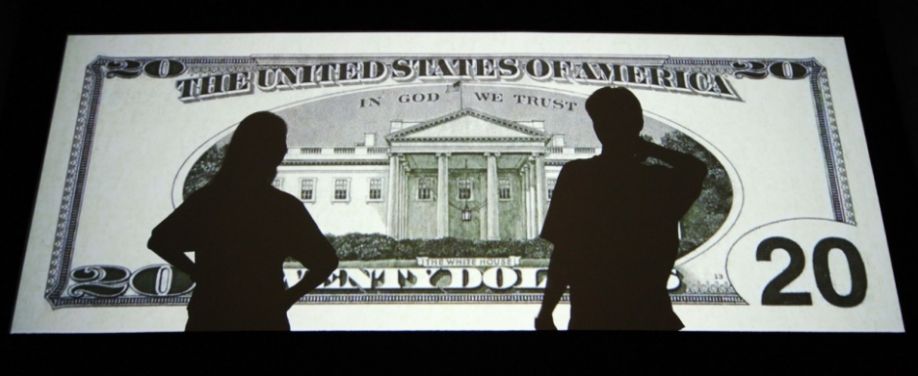
Chinese high-net-worth individuals and entrepreneurs are showing increased interest in US dollar private equity and venture capital funds to diversify their assets, but are running up against currency controls that make it difficult for them to get their money where they want it.
窗体顶端
The main issue is that many top private equity funds require initial investments in the millions of US dollars, while in China, yuan conversion into foreign currencies is restricted to US$50,000 equivalent per person per year.
“We continue to see substantial demand from Chinese investors in the global private equity asset class,” said Seungha Ku, managing partner for private equity investment at CreditEase Wealth Management in Hong Kong.
“However, Chinese family offices and high net worth individuals face the challenge of high minimum investment amount, as high quality private equity funds often require a minimum investment of US$10 million. The currency conversion limitation has compounded such challenge they face,” said Ku.
He added that many private equity managers do not have a problem raising capital for their funds, with or without Chinese investors, since cashed-up US and European pension funds and insurance groups are always lined up to invest.
China’s high-net-worth individuals have collectively about 49 trillion (US$7.2 trillion) in investible assets, according to the 2017 edition of consultants Bain & Co’s “China Private Wealth Report”.
The number of Chinese with at least 10 million yuan to invest rose from around 180,000 in 2006 to nearly 1.6 million in 2016, it said.
A separate report by McKinsey in May this year estimated that 10 per cent of the wealth of China’s high-net-worth individuals is now kept offshore. McKinsey expected the private wealth of Chinese citizens to reach 158 trillion yuan by 2021
Some analysts note that foreign exchange conversion in China was in theory easier before 2015 as the Chinese government pushed the internationalisation of the yuan, meaning that new infrastructure such as the Shanghai Free-Trade Zone was set up to streamline procedures for the sales and purchase of foreign currencies.
Courtesy of scmp.com